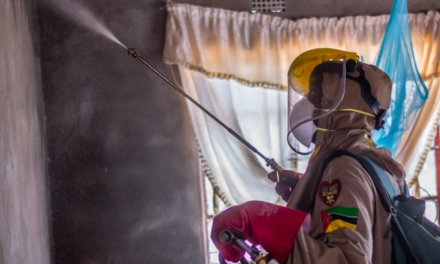
In a comprehensive study conducted in Kerala, India, researchers have uncovered significant variations in dengue seroprevalence among children aged 9-12 years across different regions. The study, funded by the World Health Organization (WHO), sheds light on the hidden burden of dengue and emphasizes the need for tailored interventions, including potential vaccination strategies.
The Study Methodology: The research, employing WHO-recommended methodologies, involved a school-based cross-sectional survey across 38 clusters, representing various rural and urban areas with varying dengue burdens in Kerala. Validation of testing methods was ensured through Plaque Reduction Neutralization Test (PRNT90) using local dengue isolates for accuracy.
Key Findings:
- Out of 5236 children tested, 29% exhibited anti-dengue IgG antibodies.
- Substantial regional disparities were evident: Thiruvananthapuram showed a seroprevalence of 46.9%, while Kozhikkode and Kollam recorded 26.9% and 24.9%, respectively.
- Seroprevalence increased with age, ranging from 25.7% at 9 years to 33.9% at 12 years.
- Wide variations in prevalence (16.1%-71.4%) were observed across clusters.
- The estimated force of infection was 3.3/100 person-years, with a seroconversion rate of 4.8/100 person-years.
- Alarmingly, 90% of children who tested positive were unaware of their dengue infection status.
- The study identified all four dengue serotypes in the samples, with 40% showing antibodies against multiple serotypes.
Implications and Recommendations: The study’s results highlight the underreported nature of dengue cases in Kerala, with disparities between reported and actual burdens. The findings call for targeted interventions considering the regional heterogeneity, prevalence variations, and the high proportion of asymptomatic dengue cases. The researchers stress the necessity for region-specific strategies, potentially including vaccination efforts.
Conclusion: This study not only validates WHO-endorsed methodologies for dengue serosurveys but also underscores the feasibility of conducting such surveys in community settings. The insights gained emphasize the urgency of addressing the hidden burden of dengue, advocating for region-specific interventions to combat this infectious disease.
The study marks a crucial step toward understanding and tackling the diverse landscape of dengue prevalence, laying the groundwork for more effective and targeted public health measures in Kerala, India.











